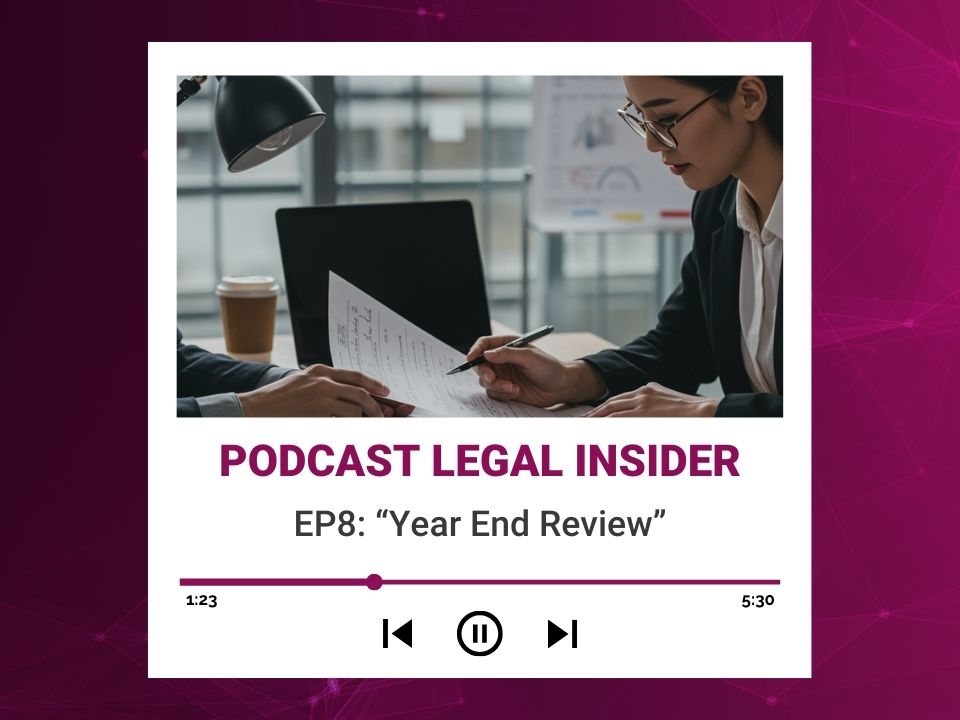COVID-19 Regulations: Executive Decree No. 298 of May 27, 2020
29/05/2020Webinar: Labor Law vs COVID-19
16/06/2020[vc_row][vc_column][vc_column_text] By Carlos E. Villalobos Jaen – Associate
By Carlos E. Villalobos Jaen – Associate
The concept of “force majeure” has acquired a certain relevance in these times of “COVID,” and we are obliged to analyze, with regard to the effectiveness and enforceability of the obligations, its application with the different existing contractual relations; to determine in such a way if this fact justifies the unaccountability of the debtor in the performance of the obligation.
Everyone seems to agree that the application of the concept of “force majeure” as a suitable ground for the breach of obligations must be checked against each contract individually, as each has different characteristics. Such distinctions may relate to the persons, the subject-matter of the obligation, the conditions, and the time period fixed in each. Also, to assess whether there is any clause in the various contracts which contains the exclusion of force majeure or Acts of God as justification for the breach of the obligation.
To make an effort in abstractions is difficult, we must try to be as pragmatic as possible, and make the specific contrast with each contract, to be able to anticipate positions regarding each one.
Take, for example, the labor agreements which have been suspended. These agreements, I understand, were suspended using “force majeure” as an appropriate ground, caused by a government provision (Executive Decree No. 500 of March 19th, 2020), which ordered the closure of some companies. In these cases, for the employer, the order of the authority constitutes an event of force majeure, as provided for in article 34-D of the Civil Code, as this is a compelling event, the provisions of paragraph 8 of Article 199 of the Labor Code, which is the suspension of labor agreements, are applicable. For this publication, we understand that the provisions of articles 198 to 208 of the Labor Code on suspension have been complied with.
Thus, in labor matters, the objective event of “force majeure” applies to both the employer and the employee; the employee is exempted from rendering the agreed service and the employer is exempted from paying the wages for those periods, as provided for in article 208 of the Labor Code.
Now, what about the employer, which is the business establishment and company (legal or natural person) whose closure was ordered, with regard to its civil and commercial obligations? Does the same event of force majeure, which served to suspend labor agreements, serve to justify his breach of civil and commercial obligations? And for the employee, does “Force majeure” which succeeded in suspending his labor agreement, serve to exempt him from the payment of his commercial and civil obligations?
For the labor issue, force majeure operates as an objective event applicable to all cases, always subject to the regulations of the Labor Code.
In the case of civil and commercial obligations, we are in the field of the subjective, while the event of Force Majeure or Acts of God must be compared against each contract, verifying, all related to the subject-matter, conditions and terms agreed.
Thus, for example, it would be worth examining those single and continuing performance obligations—the former consists of a single act, such as a purchase and sale. I sell you a pencil, and you pay me for this pencil. Some questions arise about this type of obligation, concerning the claim of force majeure as an exclusion of liability:
- If the obligation was determined to be fulfilled on such a day, being already affected by the event of force majeure caused by the COVID, how much did the event of force majeure affect the fulfillment of the obligation for the designated day?
- Was it relevant to fulfill the obligation on the designated day?
- Or would it have been worthwhile having fulfilled it later?
On the other hand, what happens with continuing performance obligations, which are those that require a continuous attitude from the debtor, for example, in loan contracts payable by installments. In such agreements, the debtor assumes responsibility for paying an obligation within an agreed term, making monthly payments as agreed. The impact of an event of force majeure on this type of obligation is worth considering:
- Did the event of force majeure affect the fulfillment of the obligation in its entirety, or did it merely lead to a delay in the payment of the obligation as agreed in the contract?
- That same event of force majeure, which gives the debtor the possibility of being late, is the same event that serves to prevent the obligation from being enforced in advance for lack of timely payment.
- Once the condition of force majeure is no longer present, the effects and execution of the obligation, in the terms agreed upon, are activated. The debtor is again liable with his present and future assets, as provided for in Article 1653 of the Civil Code.
What happens if this economic pause, caused by “force majeure,” has led to the bankruptcy of the company, so much so that they cannot meet their obligations? Shall the exception of force majeure be valid to exempt you from the payment of your agreed term obligations and with a defined period for their full payment?
The bankrupt condition of the company must be proven, not merely saying that the company was affected by an event of force majeure and that the closure has resulted in the company not being able to pay or meet its obligations. The review, on a case-by-case basis, shall be to ascertain the debtor’s assets and then to determine whether or not the debtor can settle its obligations with its present and future assets, as provided for in Article 1653 of the Civil Code in connection with the payment of its debts.
With regard to contractual equilibrium, and its effect on the condition of force majeure, it suggests invoking the theory of unforeseeability, or the “Rebus sic stantibus” principle, in terms of the possibility of modifying certain clauses to return to the performance balance lost, thus modifying, in some way, the principle of Pacta sunt servanda (what has been agreed obliges).
It is highly suggestive that both debtor and creditor in the context of their specific contracts aim to reach understandings which seek the contractual balance that has been lost, by reason of “force majeure” caused by COVID, emphasizing the principle of good contractual faith that must govern any type of contract or obligation. Otherwise, the saturation of lawsuits in the courts shall disrupt the judicial system, which, before COVID, was already flawed.
[/vc_column_text][/vc_column][/vc_row]








